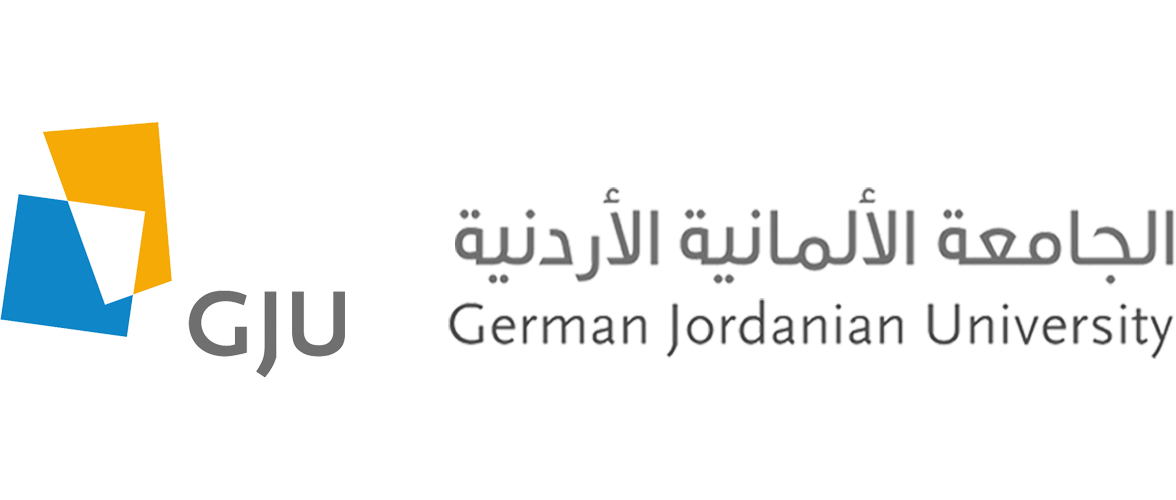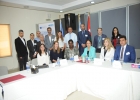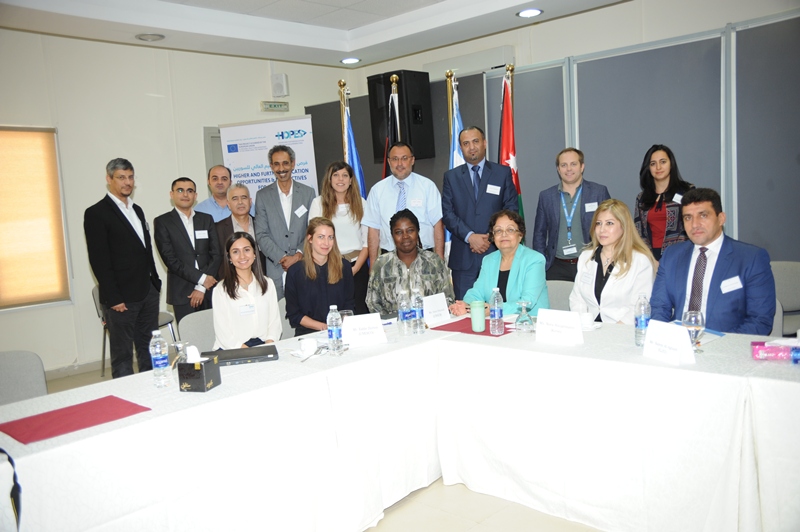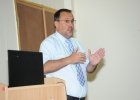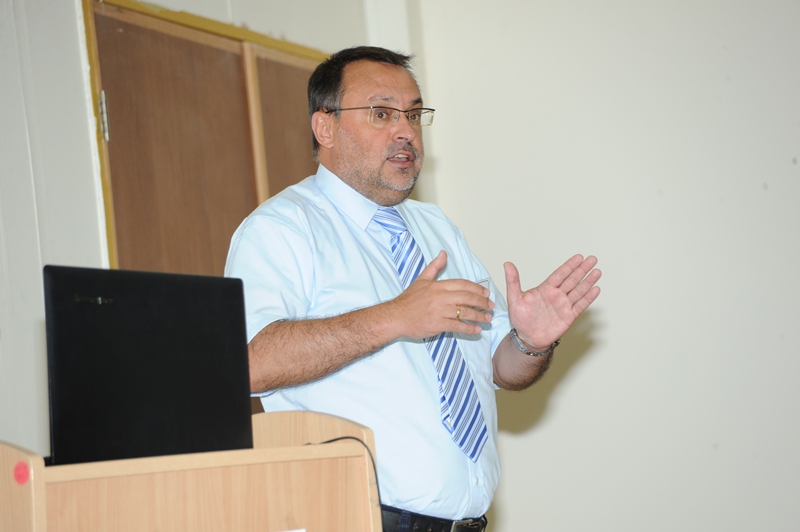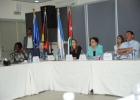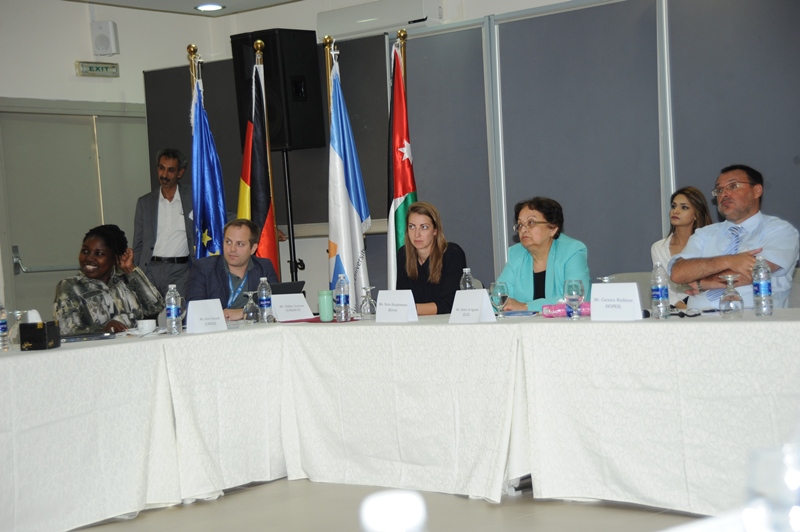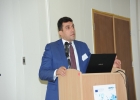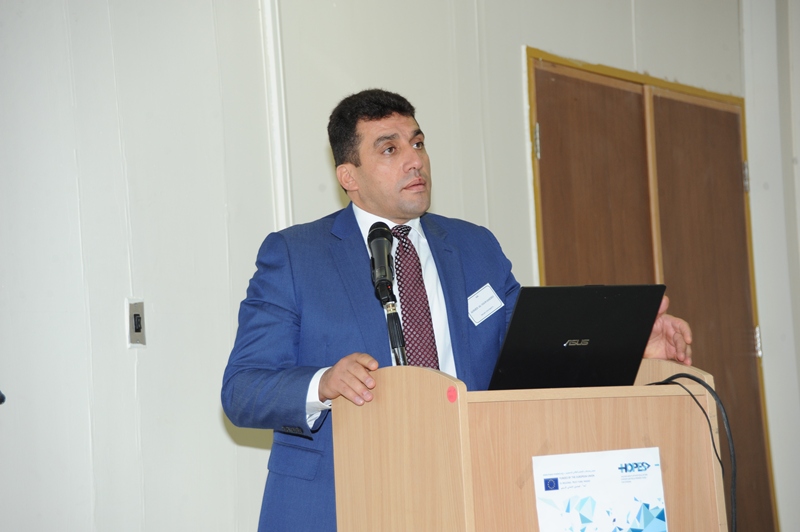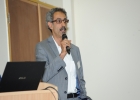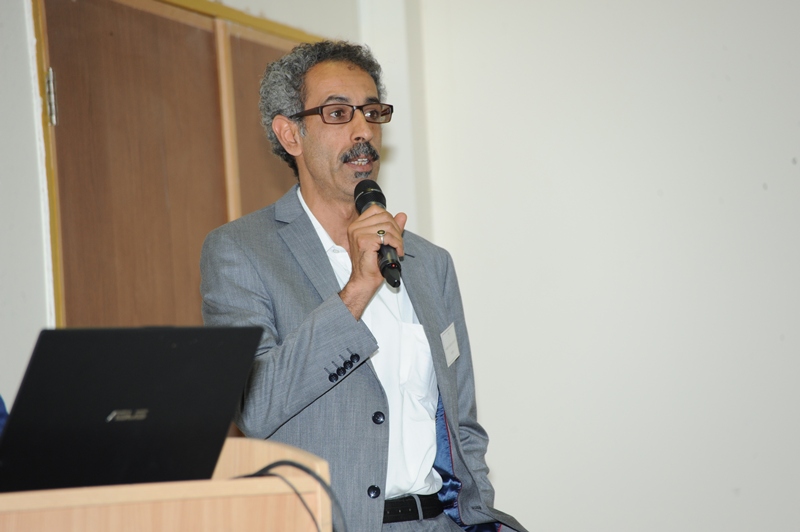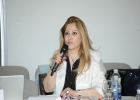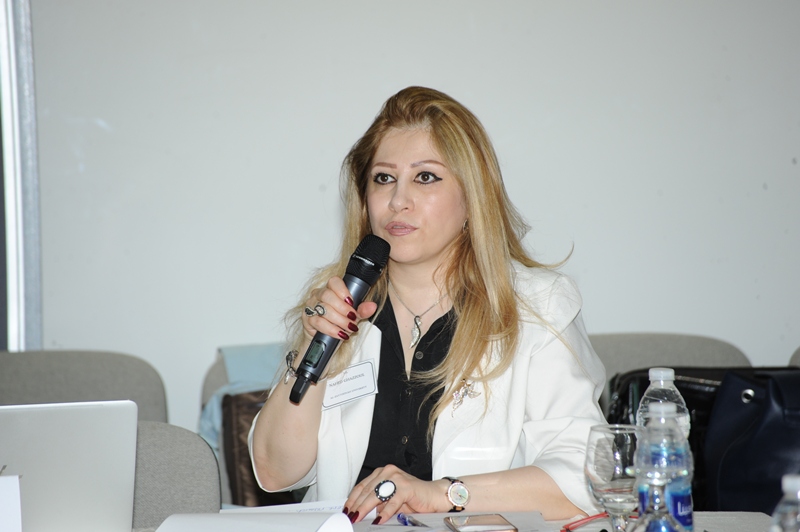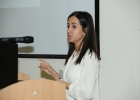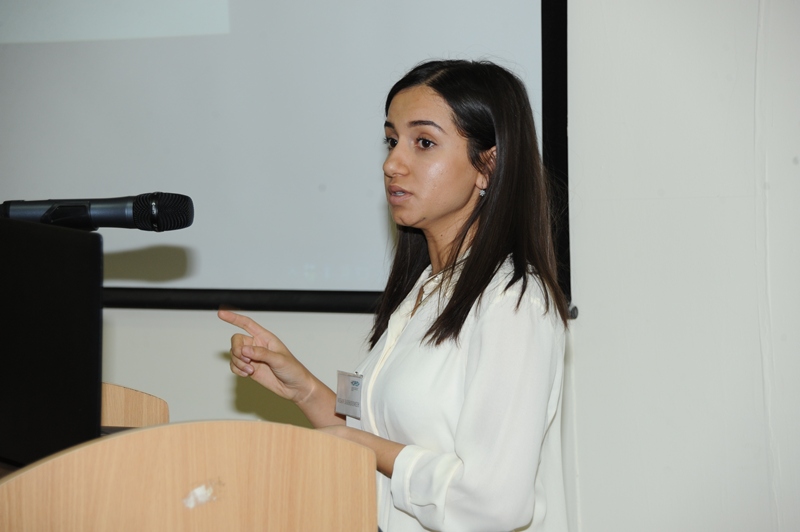Amman- July 27 , 2017
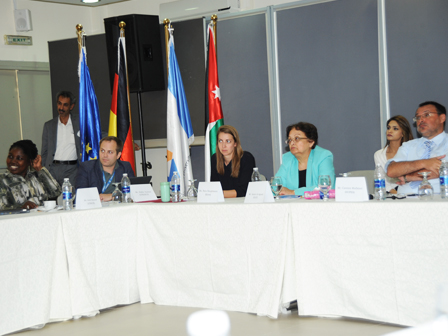 Six years into the Syrian crisis, millions of Syrians have fled their country finding refuge in the neighbouring countries. Amongst them, only a small number of post-secondary age students are currently enrolled in a university program, and the majority of those are struggling to adapt to the academic system of the host countries.
Six years into the Syrian crisis, millions of Syrians have fled their country finding refuge in the neighbouring countries. Amongst them, only a small number of post-secondary age students are currently enrolled in a university program, and the majority of those are struggling to adapt to the academic system of the host countries.
Within this context, HOPES (Higher and Further Education Opportunities and Perspectives for Syrians) a €12 million project funded by the European Union’s Regional Trust Fund in response to the Syrian Crisis, the ‘Madad Fund’ and implemented by the German Academic Exchange Service (DAAD) together with the British Council, Campus France and Nuffic across Egypt, Northern Iraq, Jordan, Lebanon and Turkey, has organized in collaboration with the German Jordanian University (GJU), an inaugural National Stakeholder Dialogue, entitled ‘Higher Education & Refugees from Syria: Exploring Dialogue Opportunities’ on July 27, 2017 at the German Jordanian University (GJU) Madaba Jordan.
This gathering was the first of a series of stakeholder dialogues that will be organized on a national level, bringing together representatives from ministries and higher education institutions as well as key institutional stakeholders involved in tertiary education and the Syria crisis. The National Stakeholders Dialogue seeks to provide a platform to discuss various issues relating to the challenges faced by Syrian students as well as the impact of the Syria crisis on the host societies.
As stated by Prof. Dr. Salem Al-Agtash, Dean of Graduate Studies and Scientific Research of behalf of GJU, in his welcome speech, “The Syria Crisis is now internationally recognized as the largest refugee and displacement crisis of our time. Millions of people from Syria are of disparate needs for humanitarian assistance, of which, education represents the main challenge, opportunity, and hope for a better life”.
When presenting the project, Dr Carsten Walbiner, HOPES project director mentioned “We mainly depend on the input from inside the host countries when defining our various activities”. He also stressed the need for further coordination amongst the many stakeholders operating in the region to avoid unhealthy competition between institutions.
The dialogue incorporated various presentations from distinguished stakeholders on the situation of Higher Education and Refugees from Syria in Jordan as reflected in a series of recent studies and surveys as well as an overview and mapping of existing initiatives in Jordan such as the Tertiary education coordination group (TECG).
The discussion allowed to integrate the perception of students and academics from Syria and to further discuss various requirements needed from the different stakeholders in order to face the existing challenges. HOPES’ purpose in the future will be to facilitate exchange of information and explore in-depth further national dialogue based on these outcomes and the real needs of various stakeholders
For more information on the project please visit www.hopes-madad.org
